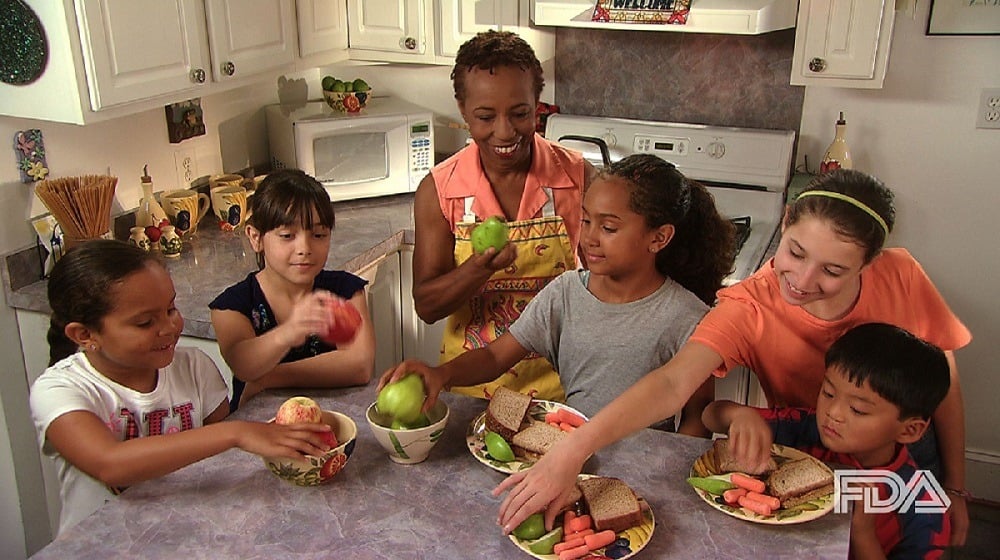Most parents may not fully understand all of the health issues stemming from childhood obesity. But most are concerned with the overall well-being of their children and are aware that being overweight is unhealthy and carries consequences. How a parent approaches this issue is of the utmost importance. So before telling your child that they are looking a little “thick” or “chunky,” here are a few things you may want to consider.
Dealing with a child’s weight can be a touchy subject
Should parents talk to an overweight or obese child about their weight? Or do they say nothing? Parents in this situation can really be torn. On one hand, if they do say something they run the risk of shaming a child, damaging their child’s self esteem and distorting his or her body image. This can lead to eating disorders, binge eating, depression and other psychologically damaging issues. On the other hand, if they choose to say nothing, they are missing an opportunity to help prevent their child from having potentially serious and long-term health problems. A new study offers this guidance: Don’t make comments about a child’s weight. Researchers did not distinguish between positive or negative comments in the study published in the journal Eating & Weight Disorders, because they found that any comment a child (especially girls) remembered hearing about their weight predicted a heavier body mass index and more overall dissatisfaction with their body type–even if weight was not an issue. Other studies have been able to link the critical comments of parents to an increased risk of obesity. One large government-funded study that followed thousands of 10-year-old girls found that, at the start of the study, nearly 60 percent of the girls said an adult close to them had told them they were “too fat.” By age 19, those who had been saddled with that label were more likely to be obese, regardless to whether or not they were actually overweight when they were 10. In an interview with The Guardian, Dr. Rachel Rodgers, associate professor at the department of applied psychology at Northeastern University in Boston, put it this way: Dr. Rodgers went on to convey the idea that in the minds of children weight and their physical appearance becomes associated with their self-worth and how they value themselves as a person.
How to approach the issue of children, weight and your concerns
Experts suggest a more delicate and indirect approach when dealing with issues of children weight concerns and getting them to eat healthier.
1. Model healthy eating
Sit down and eat meals with your child whenever possible. When you are watching TV with them, prepare yourself (and them) a healthy snack. Model good portion control and how to stop eating once you’ve had enough
2. Avoid rewarding and punishing with food
Try to avoid labeling foods as good or bad. Find new ways to reward your children for good grades or other major accomplishments. Instead of going for ice cream, let them pick a fun activity to do. And in lieu of letting them pick the restaurant to celebrate, allow them to select the movie for movie night.
3. Allow them to help you prepare meals
Preparing healthy meals with your children is a great way to bond and model healthy alternatives. It is also a great way to discuss how to make healthy food choices.
4. Avoid dieting in front of them and refrain from suggesting that they go on a diet
If you decide to go on a diet, you may not want to share the details with your children. Also, be careful how you frame your responses. Instead of saying you are dieting to fit into a dress or look better, you may want to tell them you are trying to adopt a healthier lifestyle. Featured photo credit: Jeri Johnson via stocksnap.io

